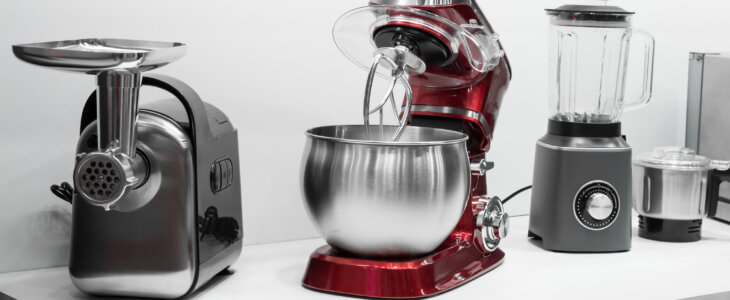Defective products that cause injury to consumers can expose manufacturers, distributors, and retailers to product liability lawsuits. Millions of people are injured or killed by defective products each year. Consumers have a right to expect that the products they buy are safe to use. When consumers are injured by a product, product liability law provides legal action.
What is Product Liability?
Product liability means that if a company sells a product that ends up being defective or dangerous and causes injury to someone, that company can be held legally responsible. It makes manufacturers, distributors, and retailers liable if their products malfunction or have unsafe designs that lead to people getting hurt when using them as intended.
If the product harms the consumer through no fault of their own, product liability laws allow those injured parties to sue the company to get compensated for their injuries, medical bills, and other damages. Generally, there are three types of product liability claims.
Three Types of Product Liability Claims
Most product liability claims fall into three categories, manufacturing, design, and marketing defects.
- Manufacturing Defects
A manufacturing defect is a simple one to determine. This defect happens while the product is being made. This defect can occur because of improper construction, contamination, or plain human error.
- Design Defects
A design defect can simply be described as a product that was designed incorrectly. Even if the product was manufactured exactly according to the design, it fails to withstand the use for which it was intended. It could also mean the designer failed to use a different design that could have been safer.
- Marketing Defects
Marketing defects occur when a manufacturer fails to warn of dangers, provide clear instructions or guidelines, or label the product correctly. Unlike the other types of defects, marketing defects occur after the product is made.
Who Can Be Held Accountable for These Defects?
Multiple parties can be held accountable along the supply chain. Manufacturers are often the primary target, as they are responsible for the design, assembly, and quality control of the product. However, liability can also extend to:
- Distributors and wholesalers
- Retailers
- Parts manufacturers
- Installers and assemblers: In some cases, those responsible for the installation, assembly, or maintenance of a product can be liable if they introduce negligence or fail to detect defects.
With so many people along the line who can be held accountable for a product defect, it can be difficult to know who to name in a suit, what to sue them for, and how to even make contact. This is where a seasoned product liability lawyer can guide you through the process.
Why You Need a Product Liability Lawyer
Defective product cases are very complex and require resources to investigate manufacturing defects, design flaws, and marketing defects. The Payne Law Group can help. For over 70 years, our attorneys have built a reputation for being staunch advocates for our clients. We are not afraid to hold big corporations accountable.
We are committed to fighting for the compensation you deserve and guiding you through the process. As a leading product liability law firm in Bryan and College Station, we have successfully argued all types of claims. Contact us today to speak with an experienced attorney. We are available to you 24/7!

